Buying the Best
When is a top-of-the-line hand tool worth the extra cost?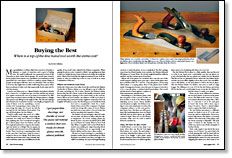
Synopsis: Does a costly Lie-Nielson plane really better than a plane of unknown origin? Scott Gibson of Fine Woodworking tried out a Lie-Nielson low-angle jack plane, a block plane, and a Bridge City try square and adjustable bevel. He wanted to see if the high-end tools would make any real difference in the quality of his work. He details the history of Lie-Nielson and Bridge City Tool Works before diving into the testing he performed and how he thought the tools measured up. He learns that some of the pricier tools are worth having, and he can make do without others. Find out which he recommends here.
My grandfather’s toolbox didn’t have much in it besides a hammer, a couple of wrenches and a spool of baling wire. His small workbench was squeezed in front of the Chevrolet in their cinder block garage. He would have found it hard to believe that anyone not committed to an institution would spend $165 for a jack plane or $50 for a small try square. Plenty of people would agree with him. Even woodworkers who use these tools every day might have trouble swallowing those prices when there are plenty of other tools that supposedly do the same job for a lot less money.
I used to see it that way, too. I figured that the jack plane I already had, a Union No. 5 of unknown age, was fine and that my newest 6-in. square, at about $25, was as accurate as it needed to be. Still, I have long wondered what tools like Lie-Nielsen planes or Bridge City squares and sliding bevels might be like. The ads and catalogs show hand tools of seductive beauty. I was finally prompted to try some of these tools by something a woodworker said. In preparing to trim a strip of veneer along the edge of a board, he said he reached for his Lie-Nielsen block plane. Not any old block plane, his Lie-Nielsen.
Could it really make that much of a difference? Probably not, I thought, suspecting the comment was really more about tool elitism than anything else. But I wondered enough to get a block plane from Lie-Nielsen and the low-angle jack plane the company also makes. I got my hands on a Bridge City try square, its T1.5 model and borrowed one of its adjustable bevels. Then I set about comparing these tools to the ones that I had been using for years. I wanted to know two things: Were these tools really that much better than what I already had, and would they make any real difference in the quality of my work? I also visited both of these companies. When paying for pricey tools, I wanted to think I was getting more than a stake in a widget factory. Some of these tools really are worth the price. Others don’t look like the right investment for me. It all depends on why you really buy tools—to use, to look at or some combination of the two.
From Fine Woodworking #113
For the full article, download the PDF below:
Fine Woodworking Recommended Products
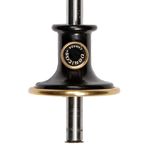
Veritas Wheel Marking Gauge
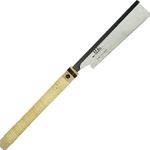
Suizan Japanese Pull Saw
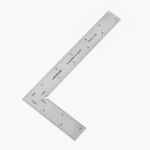
Veritas Precision Square
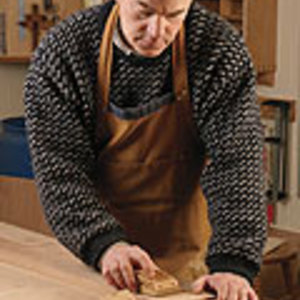










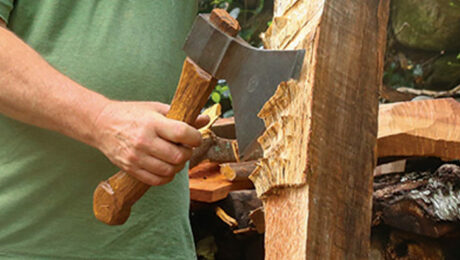
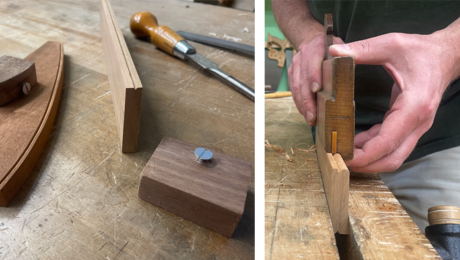
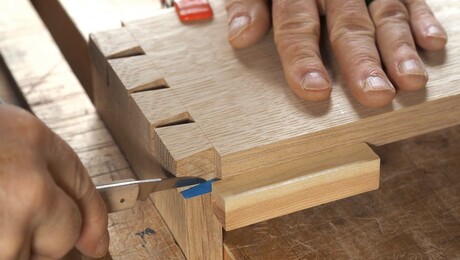








Log in or create an account to post a comment.
Sign up Log in